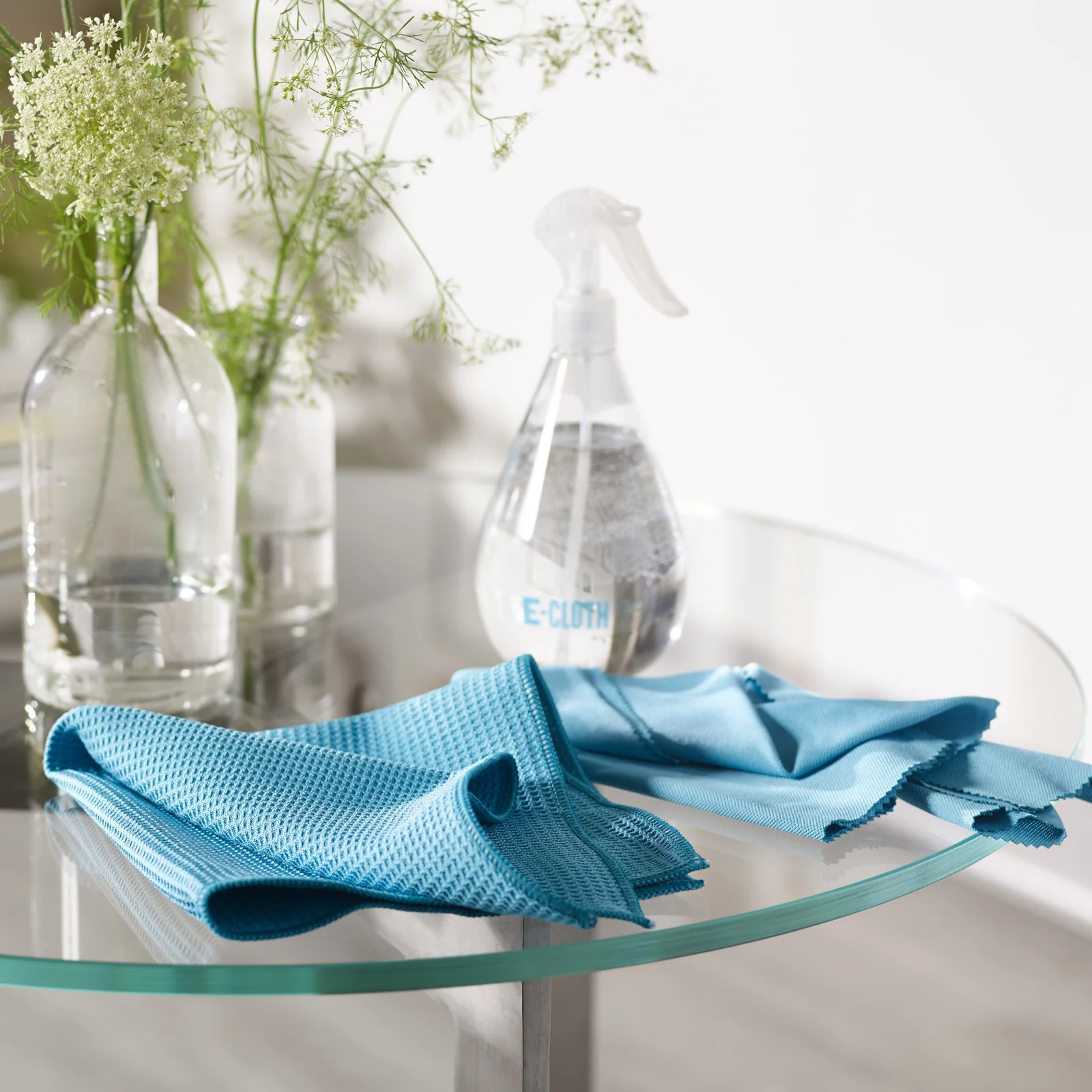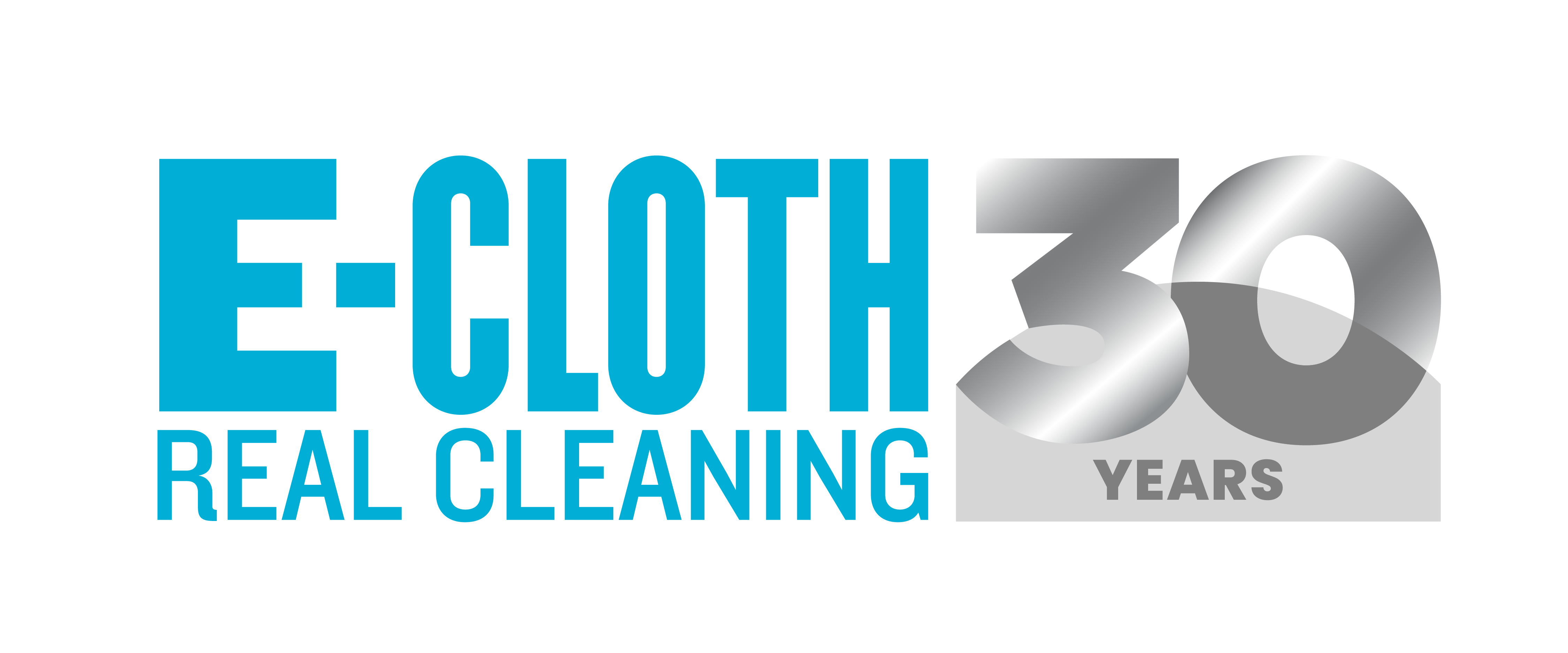Table of content:
How Often You Should Clean Your Shower
Consequences of Skipping Shower Cleaning
DIY Methods to Clean Your Shower
Keeping your shower clean isn’t just about appearances—it’s essential for maintaining a healthy, safe, and inviting bathroom environment. Regular weekly cleaning helps prevent the buildup of soap scum, hard water stains, and mildew, making upkeep easier and protecting your shower’s surfaces over time. By sticking to a consistent cleaning routine, you’ll avoid the hassle of deep scrubbing sessions, reduce the risk of slips and odors, and extend the life of your fixtures. Whether you’re dealing with daily use or hard water, a little effort each week goes a long way toward keeping your shower fresh and functional.

A Clean You Can See
Our high-performance microfiber products simplify cleaning, making it quick, easy, and effective, so you can enjoy visible results without the fuss. No streaks, just results.
How Often You Should Clean Your Shower
Shower Cleaning Frequency Explained
When it comes to cleaning your shower, a weekly clean is typically the sweet spot. This schedule keeps soap scum, mineral deposits, and the moisture that can lead to mildew from building up to problematic levels.
- Soap Scum and Residue: During every use, soap and shampoo mix with water to create a sticky film. Rinsing after each use is a good short-term measure, but a weekly deep cleaning disrupts the buildup before it hardens.
- Moisture and Mildew: Showers remain damp long after use, making them ideal breeding grounds for mildew. Regular cleaning helps control this environment, keeping surfaces easier to maintain over time.
- Hard Water Factors: If your water is rich in minerals (often referred to as hard water), these minerals can leave behind unsightly deposits. Weekly cleaning prevents them from etching into your tiles and grout.
- Usage Frequency: In households where the shower is shared or used multiple times daily, cleaning once a week might even serve as a minimum. The more often you use it, the more vigilant you need to be about regular upkeep.
- Long-Term Savings: Sticking to a weekly cleaning routine means less time scrubbing away years of buildup. In the long run, this consistent maintenance can help preserve the life and appearance of your shower fixtures and surfaces.
Adopting a weekly cleaning routine not only helps maintain a look that's fresh and inviting but also reduces the need for heavy-duty scrubbing sessions down the road. It’s a practical way to break down the task into manageable parts rather than letting a daunting backlog form.
Streak-Free Wherever You Need It
E-Cloth is committed to delivering a clean you can see—effortlessly erasing messes with just water for a spotless shine, free of streaks and added chemicals.

Consequences of Skipping Shower Cleaning
Consequences of Skipping Shower Cleaning
- Soap Scum Buildup: When you skip cleaning, soap scum (that cloudy, filmy residue from soap and hard water) starts to layer up on your tiles, glass, and fixtures. Over time, it gets tougher to remove and can make your shower look dull and grimy.
- Mold and Mildew Growth: Showers are basically a spa day for mold and mildew—warm, damp, and often dark. If you don’t clean regularly, you’re giving these unwelcome guests a VIP pass to spread on grout, caulk, and corners. Mold and mildew aren’t just unsightly; they can also create musty odors and make your bathroom feel less fresh.
- Hard Water Stains: If you have hard water (water with a high mineral content), you’ll notice white, chalky spots or streaks on your glass doors and fixtures. These mineral deposits get more stubborn the longer they sit, and can even cause permanent etching on glass if ignored.
- Slippery Surfaces: Soap scum, body oils, and shampoo residue can build up on the floor, making it slicker than a banana peel at a cartoon convention. This increases the risk of slips and falls—definitely not the kind of shower surprise anyone wants.
- Unpleasant Odors: All that trapped moisture, combined with body oils and leftover product, can lead to a less-than-pleasant aroma. If your shower starts to smell funky, it’s a sign that bacteria and mildew are making themselves at home.
- Stained Grout and Caulk: Grout and caulk are like sponges for moisture and grime. When neglected, they can become discolored or even start to deteriorate, which means you might be looking at repairs or re-caulking down the line.
- More Elbow Grease Needed Later: The longer you wait, the harder you’ll have to scrub. Regular quick cleans are much easier than tackling a shower that’s been left to its own devices for weeks (or months—no judgment, but your future self will thank you).
- Reduced Lifespan of Fixtures and Surfaces: Buildup from soap, minerals, and grime can wear down finishes on your fixtures and tiles, making them look older and potentially shortening their lifespan. Regular cleaning helps keep everything looking and working its best.
DIY Methods to Clean Your Shower
.svg)
White Vinegar and Baking Soda
Sprinkle baking soda over the shower surfaces, then spray with white vinegar until it fizzes. Let it sit for a few minutes, scrub with a sponge or brush, and rinse thoroughly with warm water. This combination lifts soap scum and grime, leaving your shower clean and fresh.
.svg)
Lemon Juice and Salt
Sprinkle salt onto a cut lemon half and use it to scrub the shower surfaces. The lemon juice breaks down soap scum while the salt acts as a gentle abrasive, leaving your shower clean and fresh. Rinse thoroughly with water.
.svg)
Hydrogen Peroxide and Water
Mix equal parts hydrogen peroxide and water in a spray bottle. Spray onto the shower surfaces and let sit for a few minutes. Wipe clean with a microfiber cloth or sponge. This solution helps disinfect and remove soap scum and stains naturally.
.svg)
Rubbing Alcohol and Water
Mix equal parts rubbing alcohol and water in a spray bottle. Spray onto the shower surfaces and wipe with a microfiber cloth. This solution quickly dissolves soap scum and disinfects, leaving your shower clean and streak-free.
.svg)
Limited Deep Cleaning
White vinegar and baking soda may not penetrate deep grime, soap scum, or hard water stains in showers, leading to only surface-level cleaning and leaving tougher buildup behind. This limits their effectiveness for deep cleaning tasks.
.svg)
Stubborn Soap Scum
Lemon juice and salt may not fully dissolve stubborn soap scum, especially if buildup is thick or old. The mixture lacks the strength to break down tough mineral deposits, leaving residue behind and requiring stronger cleaners for complete removal.
.svg)
Hidden Mold Growth
Hydrogen peroxide and water may not reach mold hidden behind tiles or walls, leaving unseen growth untreated. This can allow mold to persist and spread, causing ongoing odor, stains, and potential health risks despite surface cleaning.
.svg)
Surface Residue Remains
Rubbing alcohol and water may not fully dissolve or lift soap scum, hard water stains, or grime, leaving visible residue on the shower surface after cleaning. This can result in a less clean appearance and require additional cleaning steps.
Ready for an Easier Way to Clean?
Skip the mixing, spraying, and scrubbing. With E-Cloth, you get a streak-free shine using just water—no added chemicals, no hassle. Make every window sparkle the simple way.
Explore other Articles
Headphones
Learn how often to clean your headphones for optimal sound and hygiene. Simple tips to keep them fresh and lasting longer.
Bookshelves
Discover the ideal frequency to clean your bookshelves for a dust-free, organized, and fresh home library.
Jeans
Discover the ideal frequency to clean your jeans for lasting style, comfort, and fabric care. Keep them fresh and durable!
Range hood filter
Learn how often to clean your range hood filter for optimal kitchen air quality and appliance efficiency. Keep it fresh and safe!
Washing machine
Learn how often to clean your washing machine for optimal performance and freshness. Keep your laundry fresh and your machine efficient!
Garage floors
Discover the ideal frequency for cleaning your garage floors to keep them spotless and well-maintained year-round.
Experience Real Cleaning
A Clean You Can See
Experience Real Cleaning


